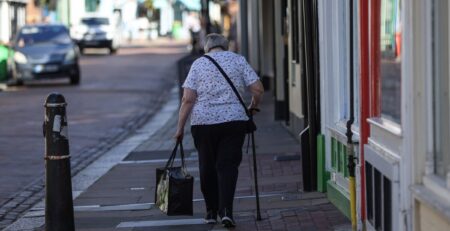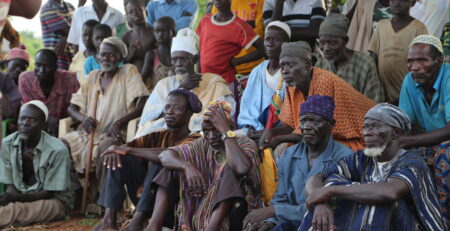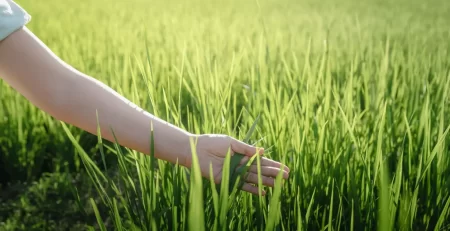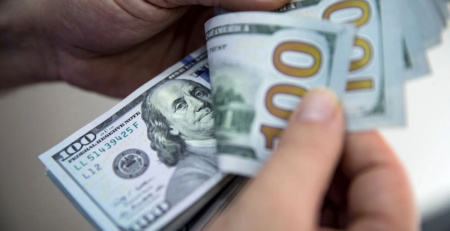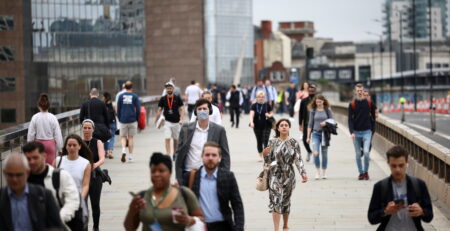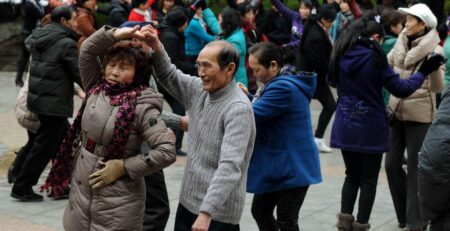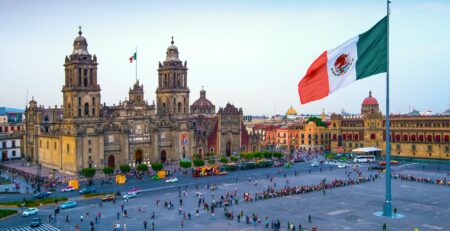Social protection responses to the COVID-19 lockdown in South Africa
Poor and vulnerable South Africans, including domestic, farm, service sector, and self-employed workers as well as children from poor families, face a double shock. COVID-19 is a major health risk that has already claimed tens of thousands of lives worldwide and is starting to claim lives in South Africa.
Social distancing and self-isolation are necessary to slow the spread of the virus, and the 21-day lockdown is designed to “flatten the curve”. But the lockdown itself has consequences that will be devastating for the poor. Many small businesses will close and thousands of working people will lose their jobs.
Read also Irish Demand for Social Benefits Soars as Coronavirus Bites
Many are already sitting at home on “annual leave” or unpaid leave during the lockdown, which is likely to be extended beyond 21 days. The lockdown in the UK could last for up to six months. What social protection measures have been put in place for those who will be worst affected by the economic impacts of the lockdown? On 23 April South African President Cyril Ramaphosa announced a set of safety net interventions to “cushion our society” against the economic and human consequences of the lockdown.
Read also COVID 19: Emerging Investment Risks for Pension Schemes
These include a Solidarity Fund financed mainly by voluntary donations, a Temporary Employee Relief Scheme for employees of companies in distress, and a tax subsidy for low-income private sector workers. The Motsepe, Oppenheimer and Rupert families have each donated R1 billion to assist in dealing with the crisis.
Read more @The Conversation



